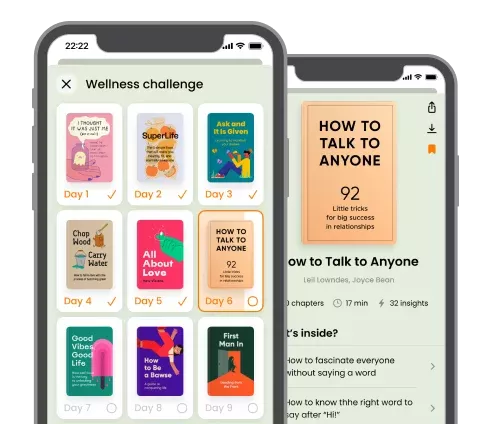19 Best Books for Enhancing Memory Skills
Looking to enhance your cognitive function and boost your memory skills? Delving into the world of improving memory is crucial for personal growth and overall brain health. Our curated list of the top books on improving memory offers valuable insights, practical tips, and proven techniques to sharpen your mind.
Explore this list to uncover strategies for retaining information, increasing focus, and unlocking your brain's full potential. Enhance your memory skills and make a lasting impact on your daily life with our handpicked selection of memory improvement books.
